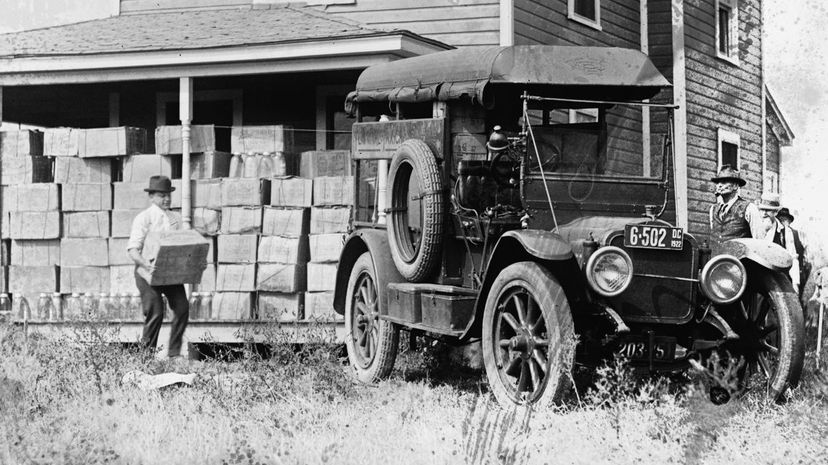
About This Quiz
American historian Carl Becker once said, "History is the memory of things said and done." Pretty simple, right? In that case, this quiz will be part of your history a few minutes from now!
We've seen some pretty cool things "said and done" throughout history, haven't we? Even if you haven't been alive very long, you have written records of memorable events you can learn about: The journey to the New World, Martin Luther King Jr.'s "I Have A Dream" speech, man's first steps on the moon, Woodstock, the dismantling of the Berlin Wall. Maybe you remember where you were when you first heard about JFK's assassination, the Challenger disaster, or 9/11. You may even be a history buff who knows all about the building of the Great Pyramids, the Cuban Missile Crisis, or D-Day.
The great thing about history is that there's something interesting for everyone, from Britain's Elizabethan period to America's Progressive Era to the age of information and technology we're experiencing today. Not a fan of Shakespeare? No problem — try Steinbeck! Prohibition doesn't interest you? Read up on the potato famine.
Luckily, in this quiz, we've got enough to pique the interest of history amateurs and aficionados! From the painting of a particularly famous chapel ceiling to the sinking of a rather large ship, see if you can pinpoint these moments in history. Can you identify which era each of the events comes from? Let's see what you've got!
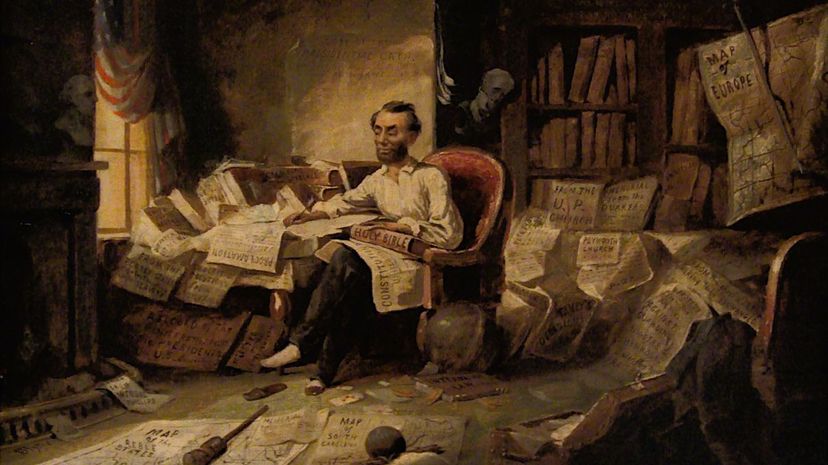
You have the American Civil War to thank, in large part, for both the fight to end slavery in the South and its abolishment by then-President Abraham Lincoln. Lincoln's Emancipation Proclamation declared "all persons held as slaves" to be free.
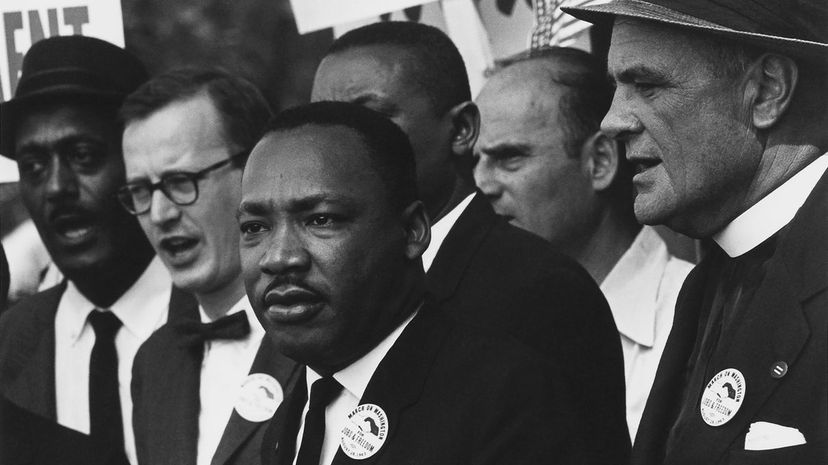
Martin Luther King Jr. was known for his work throughout the Civil Rights Era, a period that encompassed the mid-1950s to the late-1960s. The speech, which took place during the March on Washington, happened right in the middle — August 1963.
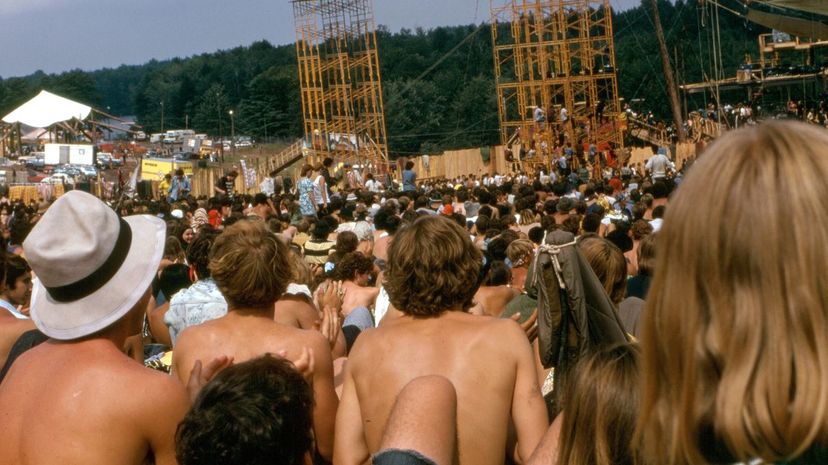
Over a three-day period on a dairy farm in Bethel, New York, more than 400,000 people participated in the Woodstock Music Festival. The event went down in August 1969, a concert dubbed "three days of peace and music."
Advertisement
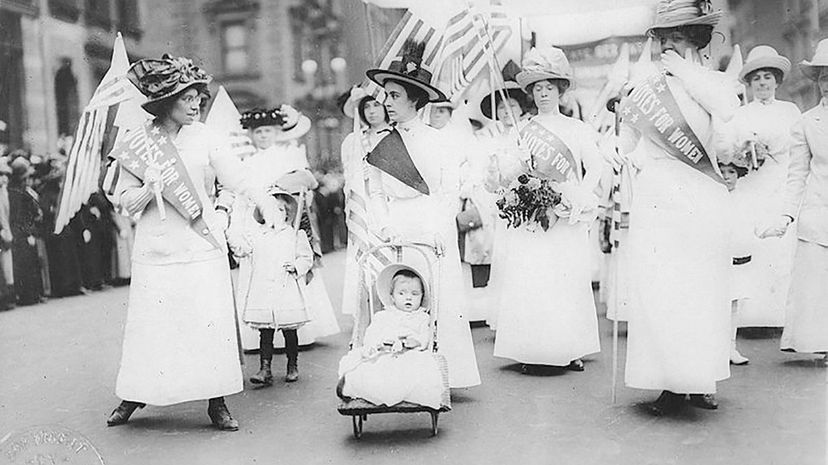
The Progressive Era, a time of great political change in the U.S. — from the late 1800s to the early 1900s — ushered in the 19th Amendment, granting women the right to vote. The amendment was passed by Congress in June 1919 and ratified a year later.
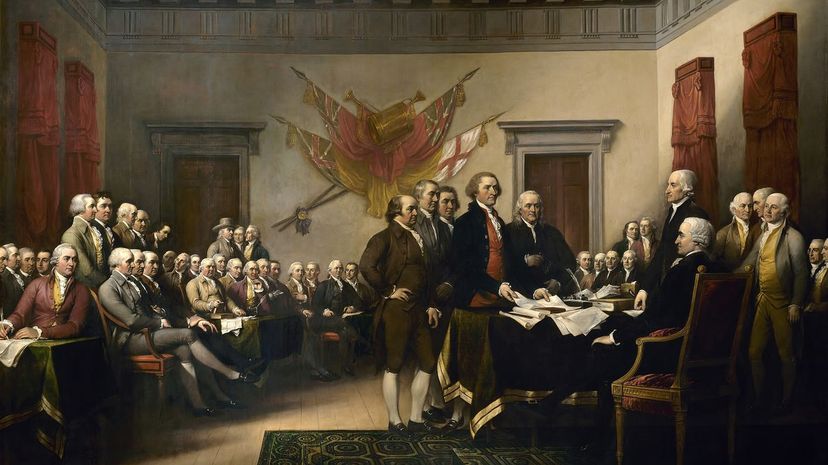
The Declaration of Independence was a central component of the period of time known as the American Revolution, which included the fledgling country's fight for independence from its British roots. The document was not officially signed until August 2, 1776.
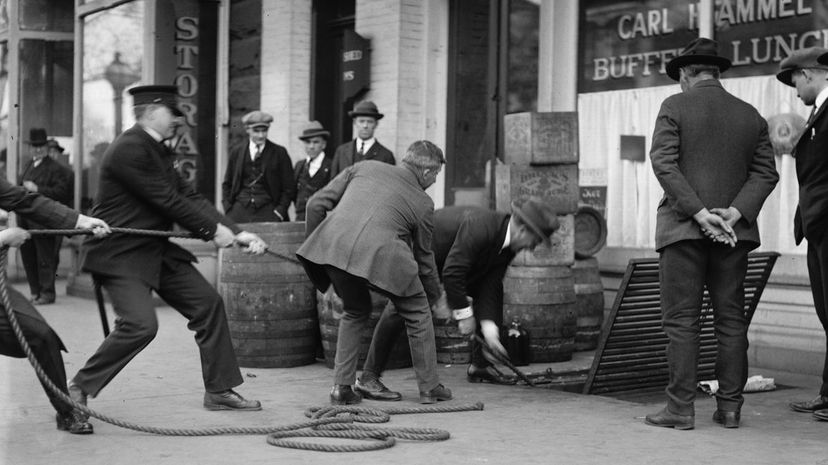
It may have been the Roaring Twenties, but it could've been called the "Dry Twenties" as well. The failed experiment known as Prohibition began in 1920 and continued until 1933 when the 21st Amendment nixed it.
Advertisement
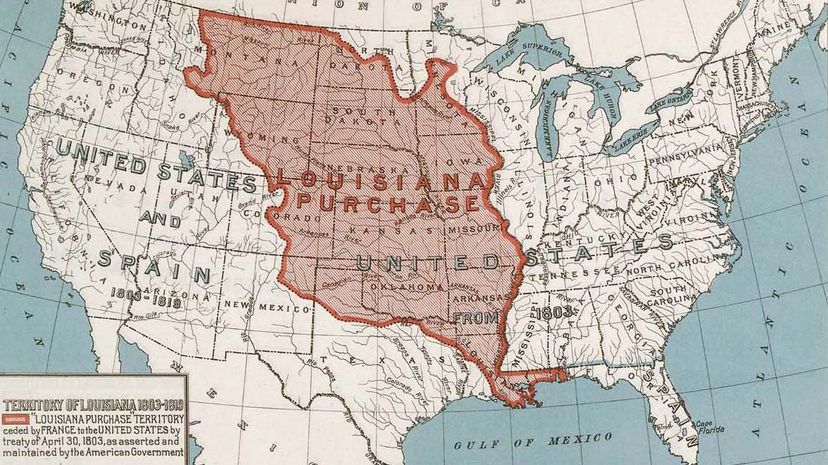
The year was 1803 when then-President Thomas Jefferson helped broker a deal between the United States and France for a portion of land that would create 13 additional states in the U.S. Historically, it has been called the "greatest land deal ever."
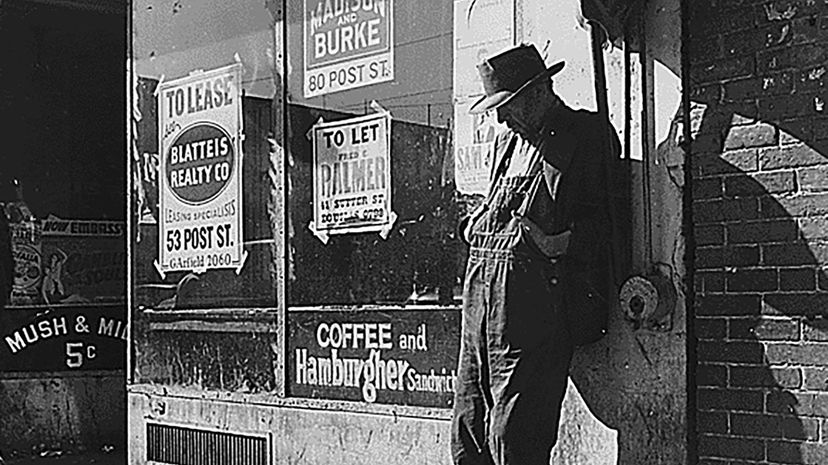
Historians say the stock market crash of 1929 would be the equivalent of losing nearly $400 billion today. No wonder it led to a depression — the Great Depression, that is, an era that lasted until the mid-1930s.
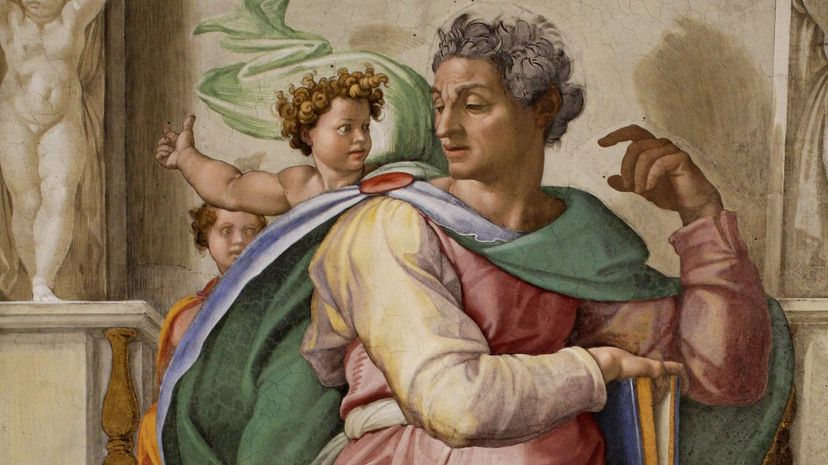
The Renaissance was a period of time in which the arts flourished. Michelangelo was one of those contributing to the movement. His work on the ceiling of the Sistine Chapel is still enjoyed by tourists from around the world who visit it today.
Advertisement
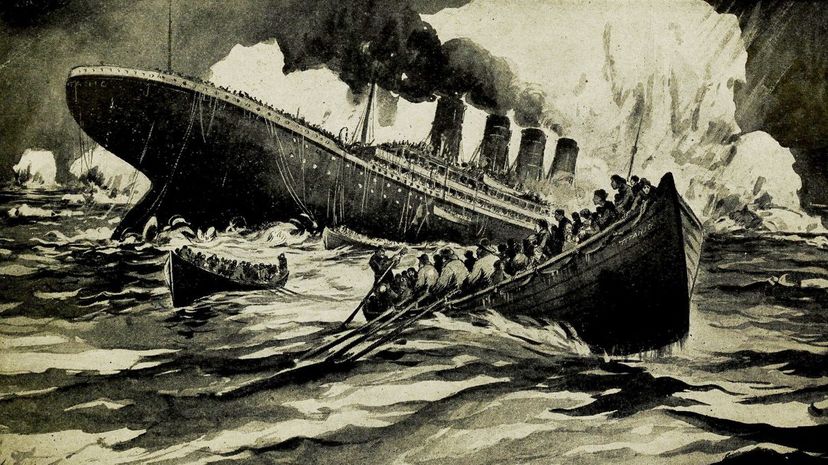
It would've been extremely "progressive" in the period from the 1890s to the 1920s to have built an almost-900-ft.-long ship, but that's what the Titanic was until it struck an iceberg and sank in April 1912.
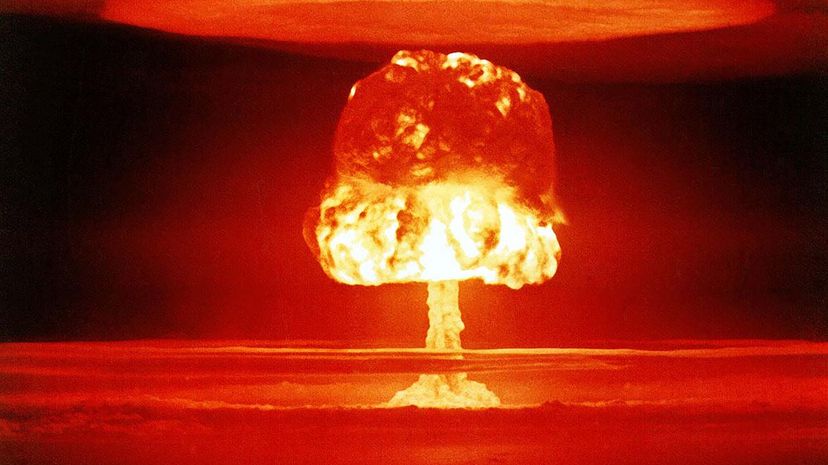
Four years after the attack on Pearl Harbor, U.S. troops detonated nuclear weapons over Hiroshima and Nagasaki, Japan. A few days later, on August 15, 1945, the Japanese surrendered, effectively marking the end of WWII.
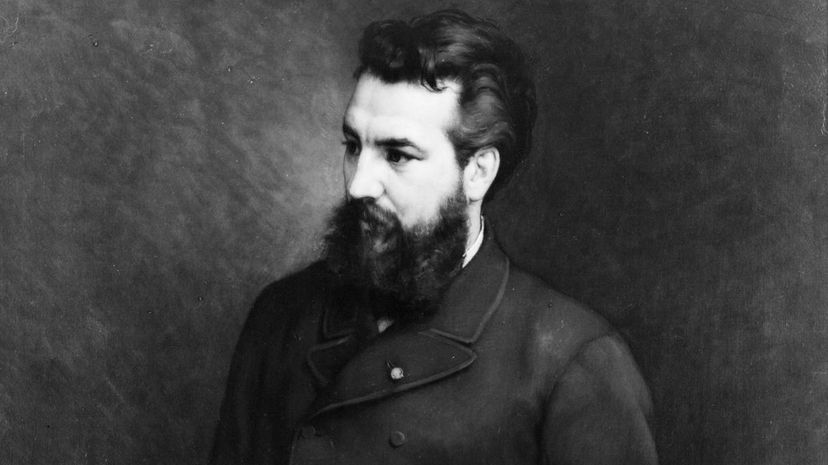
The first telephone, an invention of Alexander Graham Bell, was developed in 1876 — near the end of the period known as the Reconstruction Era. It was a period of rebuilding following the American Civil War.
Advertisement
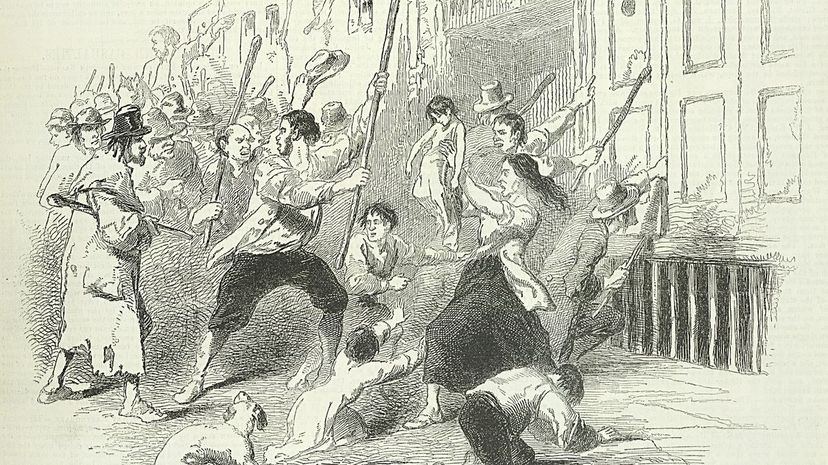
The Great Famine in Ireland, when potato crops failed in the country, led to the deaths of roughly 1 million people and the emigration of another million. This famine, which occurred from 1845 to 1849, was the biggest in Europe during that time period.
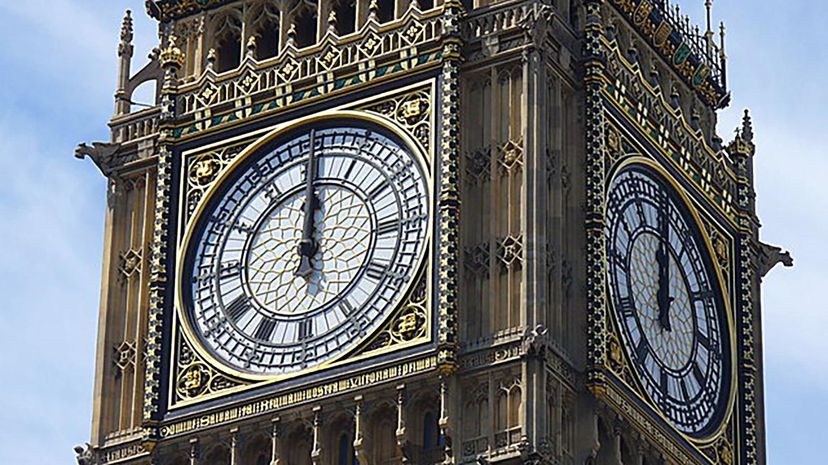
The Victorian Age, so named for the period of time when Queen Victoria reigned, encompassed the years from 1837 to 1901 in England. In the midst of that era, the country saw massive growth and expansion.
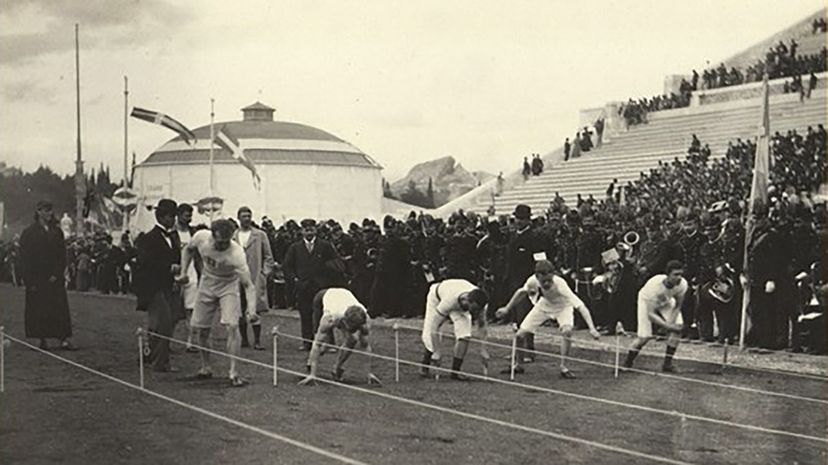
While the Olympics date back as far as 776 BC, the first modern Olympic games were held in Greece during the Age of Revolution (1896, to be specific). The Age of Revolution marked a period of change in countries around the world.
Advertisement
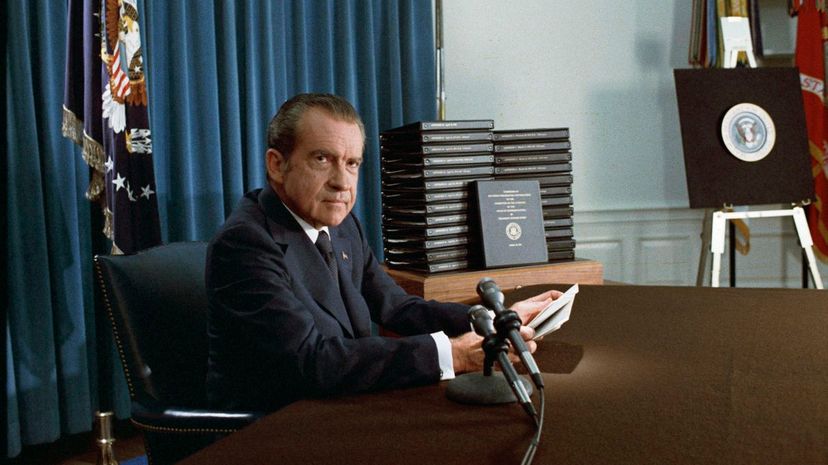
The 1970s were a period of advancements for women following the "peace and love" era of the 1960s. It was also the decade that brought us the Watergate scandal, a black mark on then-President Richard Nixon's legacy.
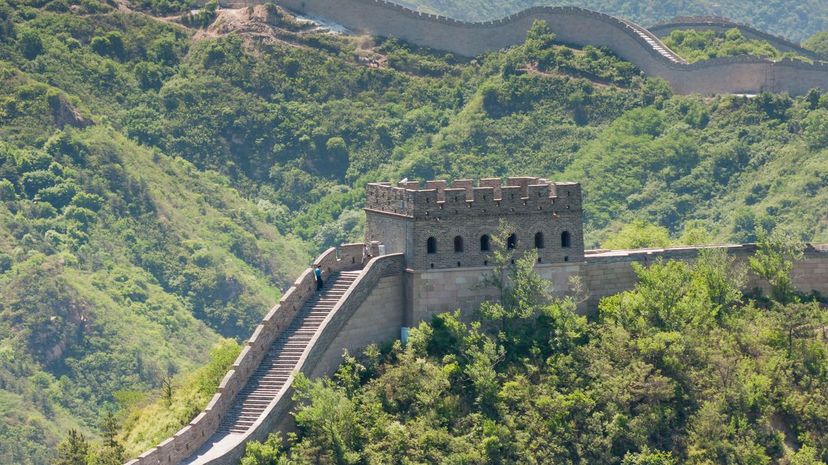
The building of the 13,170 miles of the Great Wall of China began during the 7th Century BC and continued until almost the early 1900s. The early parts of the wall were built as a means of protection during periods of warring and invasions.
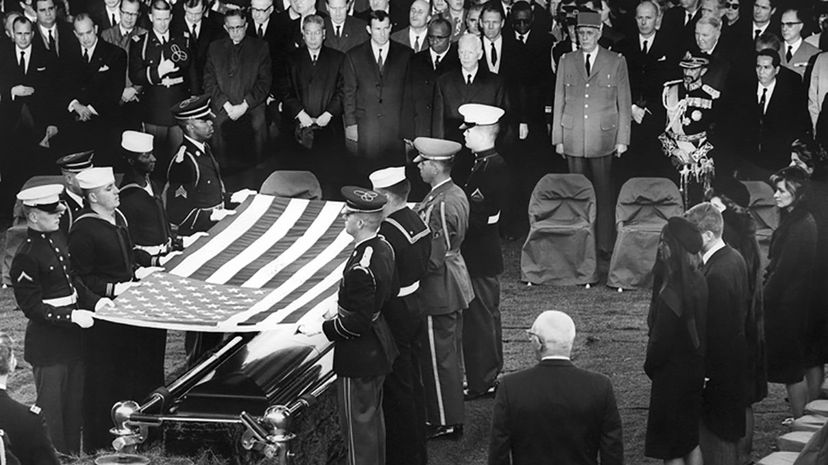
Many people who were alive when JFK was killed in November 1963 would tell you today that they remember exactly where they were when they heard the news. President John F. Kennedy was shot while riding in a motorcade in Dallas, Texas.
Advertisement
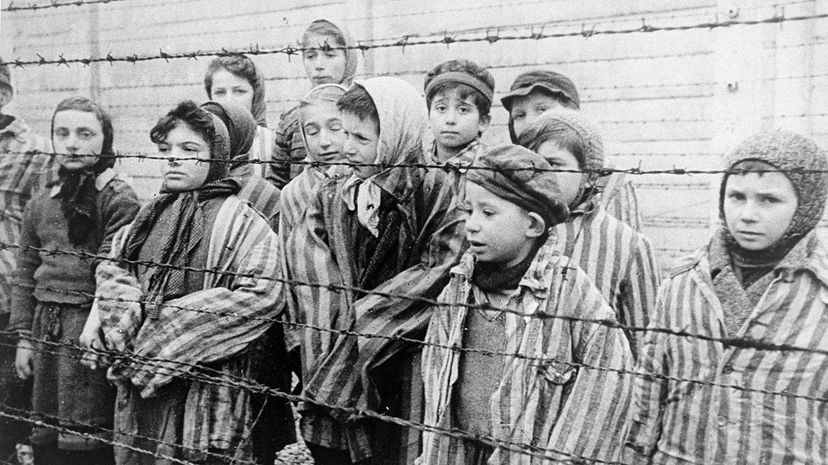
From 1941 to 1945 — the period of history that included World War II — more than 6 million Jewish men, women and children were killed in concentration camps at the direction of Adolph Hitler's Nazi regime.
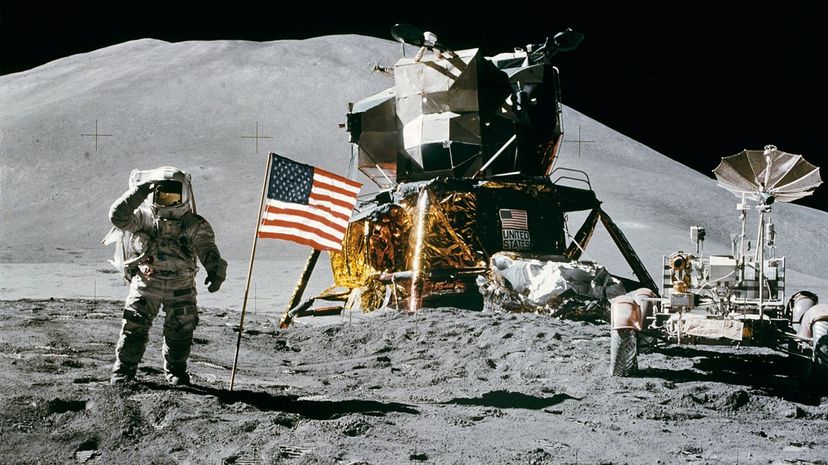
The period of history known as the Cold War — which began in the late 1940s — encompassed a lot of history, including the moon landing. Neil Armstrong's few steps on the moon during this historic era prompted this memorable quote.
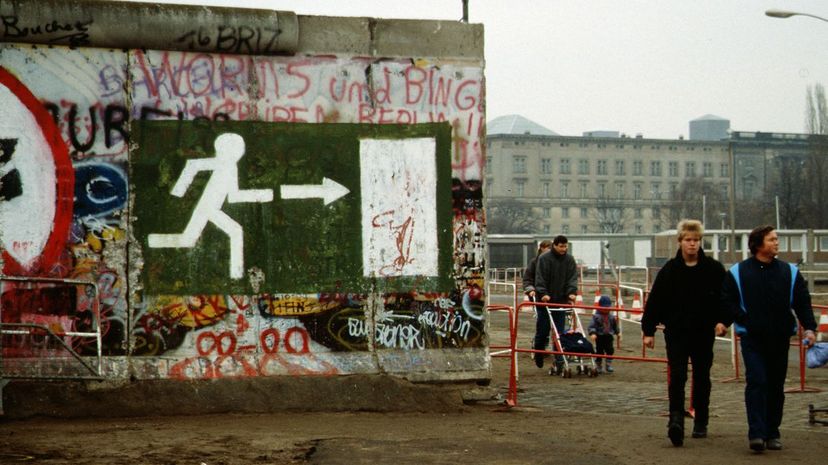
The period known as the Cold War effectively ended with the tearing down of the Berlin Wall. The wall's demolition started in June 1990 and was completed in November 1991. In June 1987, during a speech in West Berlin, then-President Ronald Reagan famously said, "Mr. Gorbachev, tear down this wall."
Advertisement

The Renaissance was a resurgence for arts and culture, which makes it a fitting historical period for the invention of the modern printing press. Gutenberg's press was created in the mid-1400s in Germany.
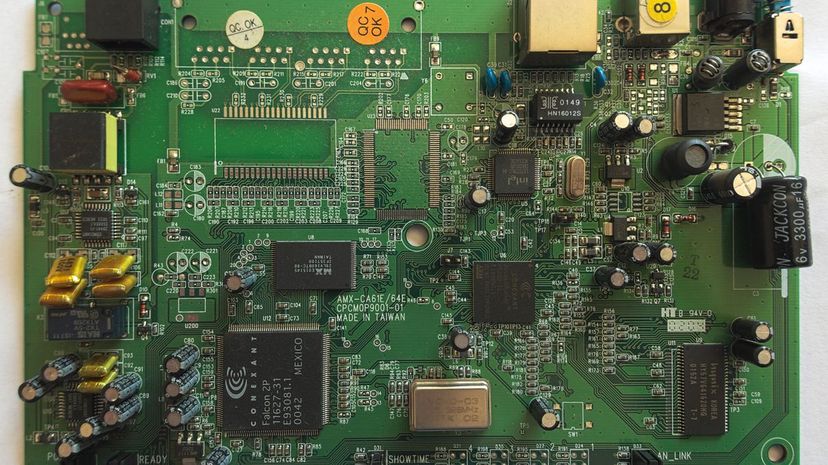
You might have been tempted to say the 2000s (or even the 1990s) but it was the 1980s that gave us one of the world's biggest inventions of all time — the internet. Some of the foundational elements of the internet, however, can be traced back to the 1950s.
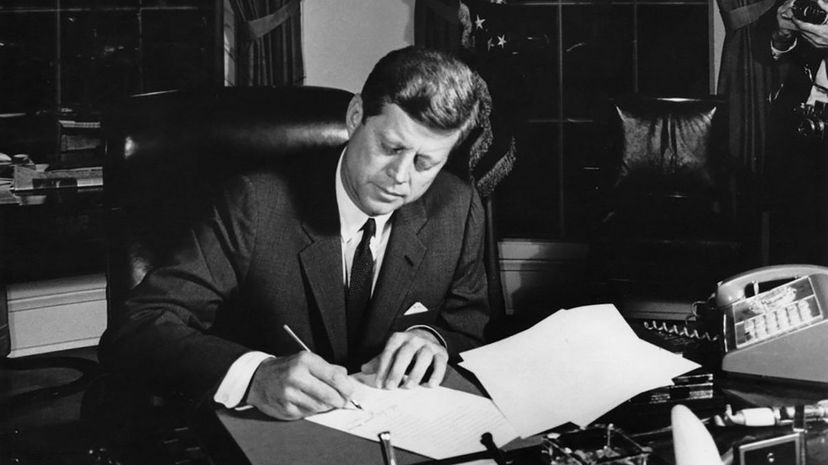
The Cuban Missile Crisis happened in 1962, amid the Vietnam War and while President John F. Kennedy was still in office. The event was marked by the discovery of the Soviet Union's installation of nuclear weapons in Cuba.
Advertisement
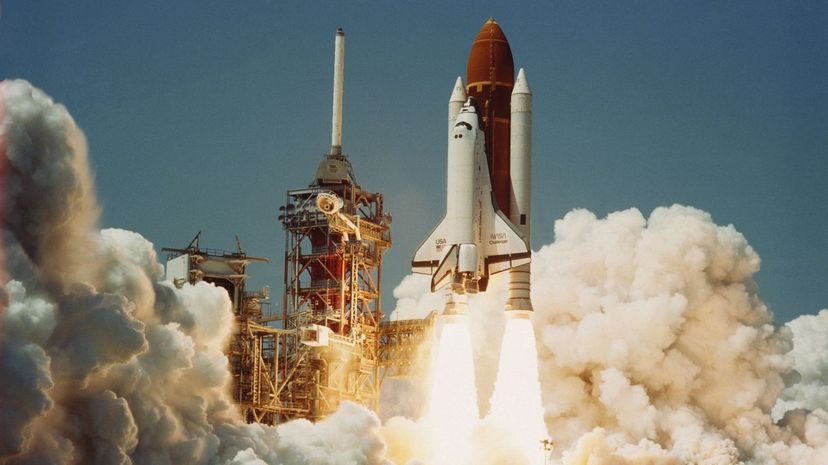
Millions of people were watching when the Challenger exploded during the live telecast of its liftoff. Seven people, including teacher Christa McAuliffe, were killed just a little over one minute after the space shuttle launched.

The Information Age which, some may say still extends into today, could have begun as far back as the 1970s. The terrorist attacks of September 11, 2001, occurred during this period, with millions watching the events unfold as they happened.
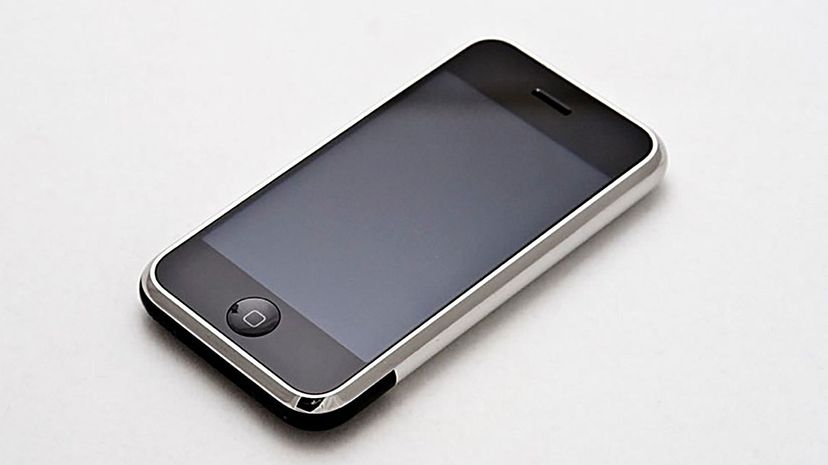
Can you believe it has only been a little more than a decade since the first iPhone was released in 2007? Fast-forward 13 years and we've gone through various iterations of the smartphones and a whole new line of "smart" devices.
Advertisement

Do you remember the childhood rhyme: "Back in 1492, Columbus sailed the ocean blue ..." This "discovery" occurred during the period known as the Renaissance. Of course, some believe the Americas were discovered much earlier. (Thanks, Leif Erikson!)
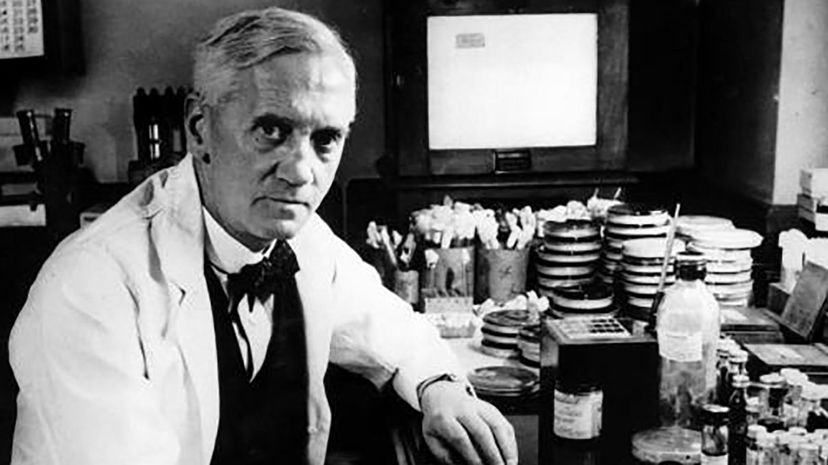
It was the Roaring Twenties when Fleming made the discovery in a London hospital, something that changed the course of history — and our health — forever. In medical circles, this discovery ushered in the "era of antibiotics."
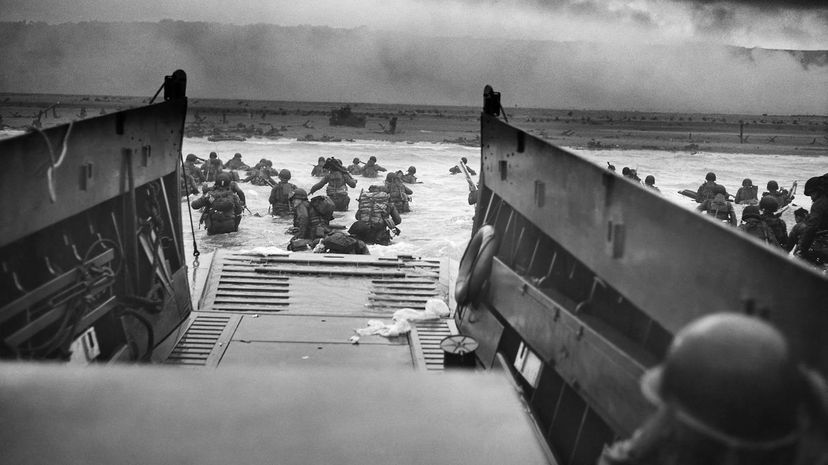
D-Day, also known as the Normandy landings, occurred on June 6, 1944, during World War II. On that day, more than 150,000 troops from North America and Europe landed on the coast of France, a turning point that led to the beginning of the end of the war.
Advertisement
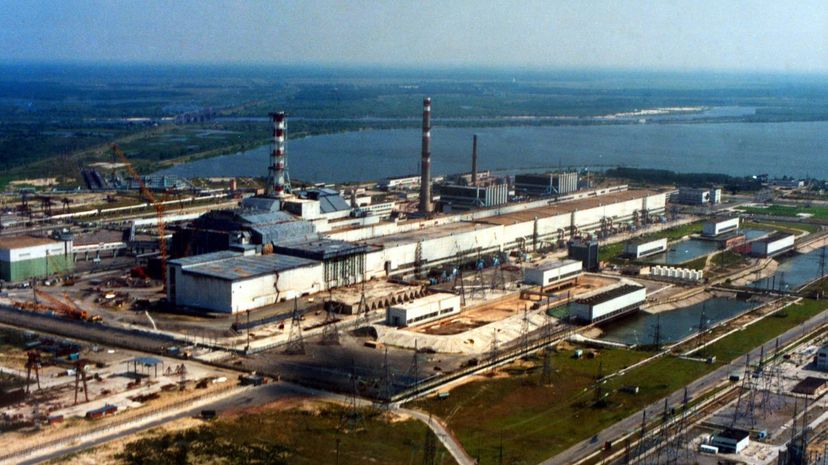
The explosion at the Chernobyl Nuclear Power Plant in Ukraine took place in April 1986. Even today, there remain questions about the severity of its impact on the area surrounding its initial impact.
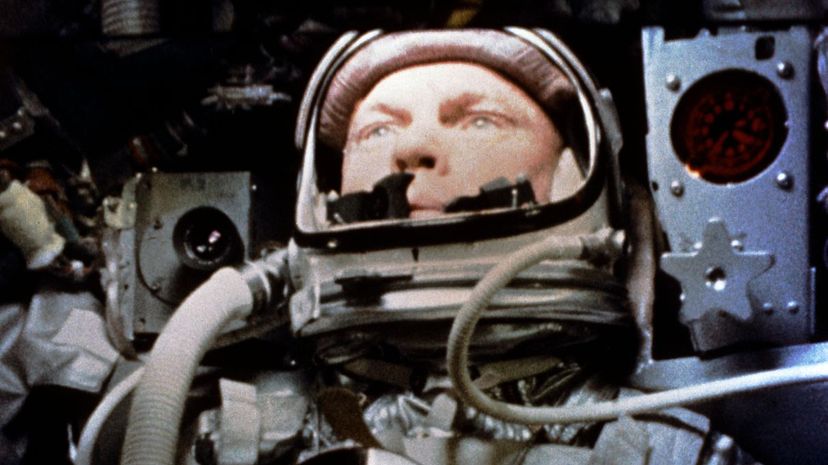
The Cold War was a period of time that pitted the United States against the Soviet Union in many areas. One of those was the race to be first in space exploration, an era known as the "Space Race."
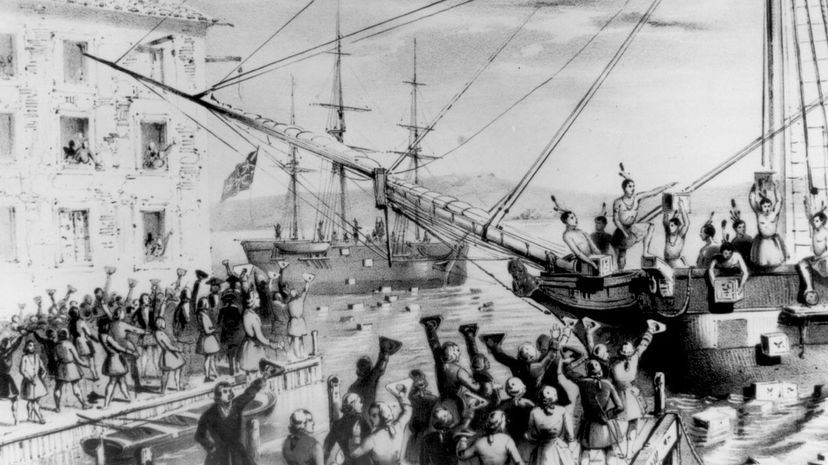
The Boston Tea Party, the dumping of tea in the Boston Harbor to protest taxation without representation, occurred in 1773 — three years before the Declaration of Independence was signed during the American Revolution era.
Advertisement

The 2010s were a time of growth and change — a piece of the Information Age in which we currently live. In 2015, the United States Supreme Court legalized same-sex marriage in all 50 states.
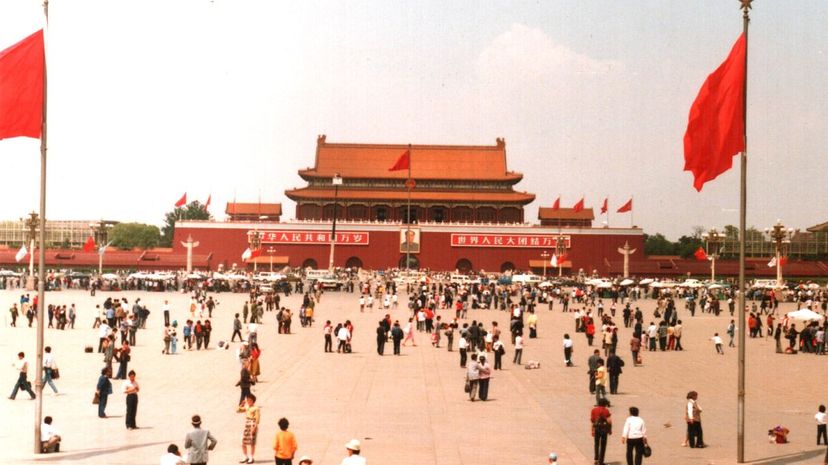
The protests in Tiananmen Square in 1989 were student-led demonstrations of up to 1 million people lobbying for democracy and freedom of the press, among other things. Chinese troops pushed back against the protesters, killing estimates ranging from several hundred to several thousand people.